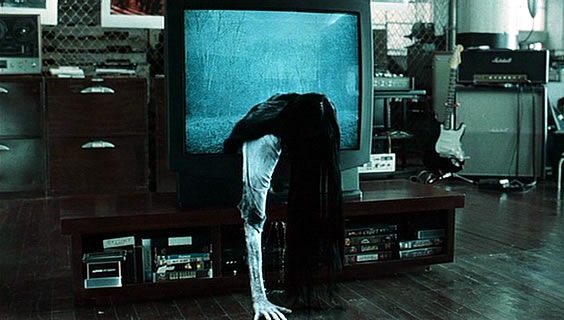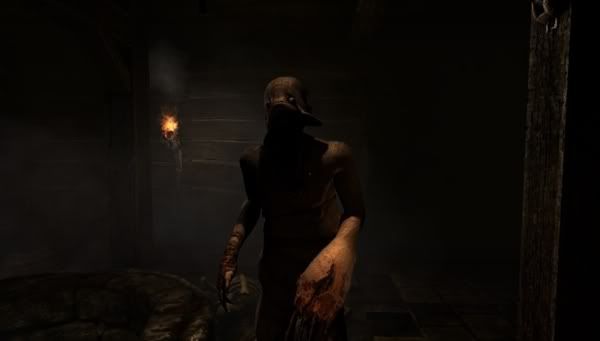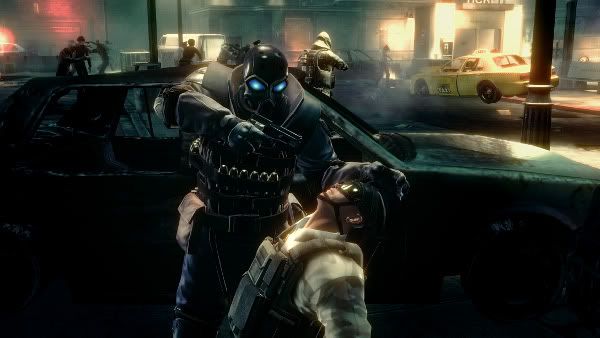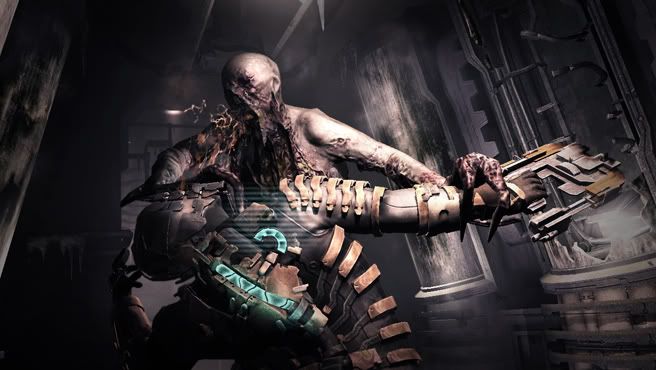This post has not been edited by the GamesBeat staff. Opinions by GamesBeat community writers do not necessarily reflect those of the staff.
Remember watching a horror film as a child and feeling afraid even after the film ended? Then, when bedtime approached, you’d cut out the lights and leap under the covers in one swift, pre-planned motion. Those terrifying possibilities had invaded your mind.
Why can’t games do that?

I can be completely immersed in games like Amnesia, Fatal Frame, and Silent Hill and feel frightened by them. But once I stop playing, all that fear goes away. On the other hand, when I watch films like The Ring, The Strangers, and Paranormal Activity, a few jump-scares might get me, but that’s about it. When I start thinking about them later on, however, that's when they get me. I don't leap under the covers anymore, but I’ll admit to leaving the radio on or sleeping with my back to the wall after watching a good horror flick.
Can scary games truly haunt us they way horror movies do? Maybe…but they generally start with three big disadvantages.
Setting
Movies typically exist within the real world, whereas games have original locations. When someone or something invades a home in a film, it reminds you that bad people can try to harm you and your family. Because films typically use the real world — our world — as their environment, they’re already pushing the boundaries of the fourth wall.
Horror games typically utilize more extravagant places, such as the wierdness of Silent Hill or more outlandish sci-fi settings. While these can be scary, it's tougher to imagine ourselves in them. I will never wake up in Silent Hill, nor will I ever set foot on a space station.

Even when games like Condemned: Criminal Origins and F.E.A.R. use realistic locales, they stumble into a different pitfall….
Plot
Horror games tend to weave much more elaborate tales than movies do. F.E.A.R., Condemned, and the Resident Evil series have crazy stories that may or may not make any kind of sense. Either way, I’ll never deal with government conspiracies, special powers, or Umbrella's evil-corporation shenanigans. Those things never leave the confines of a game.
Sometimes horror films use more elaborate setups, but more often they keep it simple. The Strangers' basic (albeit overused) plot goes like this: A couple rents a secluded cabin in the woods and is subsequently attacked by masked hooligans. When asked why they’re committing these atrocities, they reply, “Because you were home.” That’s it. In The Descent, underground monsters attack spelunkers. Why? Because that’s what underground monsters do.

Those plots aren’t noteworthy, but most people hold an instinctive fear of the unknown, and everyone gets genuinely uncomfortable at the idea of having their home invaded. I also now feel some ambivalence about going on a spelunking trip.
Presentation and interactivity
Games have a way of constantly reminding us that we’re playing — what else? — a game. Health bars, ammo counters, and inventory screens constantly intrude. If more games got rid of these tropes the way Dead Space did, there’d be one less barrier between the character and player. But here's another: I don’t actually interact with anything in the game. I interact with a controller, which then tells Alan Wake what to do. That also removes me from the action.

I’m frightened when enemies surprise Alan, but I don’t fear for my life. If anything, I fear for Alan’s life, and I can't say I do that every time. Six enemies attack him, but what's Danny up to? I'm sitting comfortably in a chair with a controller in hand, making Alan shoot the bad men down. Sometimes I'm only afraid that I'll have to restart at the last checkpoint, and that's often the only thing at stake. This happens as many times as necessary. I will beat the game, and Alan will emerge (somewhat) triumphant, because that's the only possible course of events.
Films give viewers no power whatsoever. You can root for someone, but the writer and director ultimately decide their fate. That's something an audience has in common with a typical horror-movie character: powerlessness. We’re reminded of our own fragility when that character dies. Not Alan Wake’s. Not Isaac Clarke's. Ours.
In order for horror games to transcend our screens and linger in our minds, they must abandon many of the elements that make them entertaining experiences. They'd have to strip down to the basics. Relatable characters. Common settings. Simple mechanics. More importantly, they should craft a strong connection between what happens in the game and what's happening in the gamer's real life. Play on the primal fears that we never feel truly safe from, even from the comfort of our own beds.
What elements do you think horror games need to instill a lasting fear?
